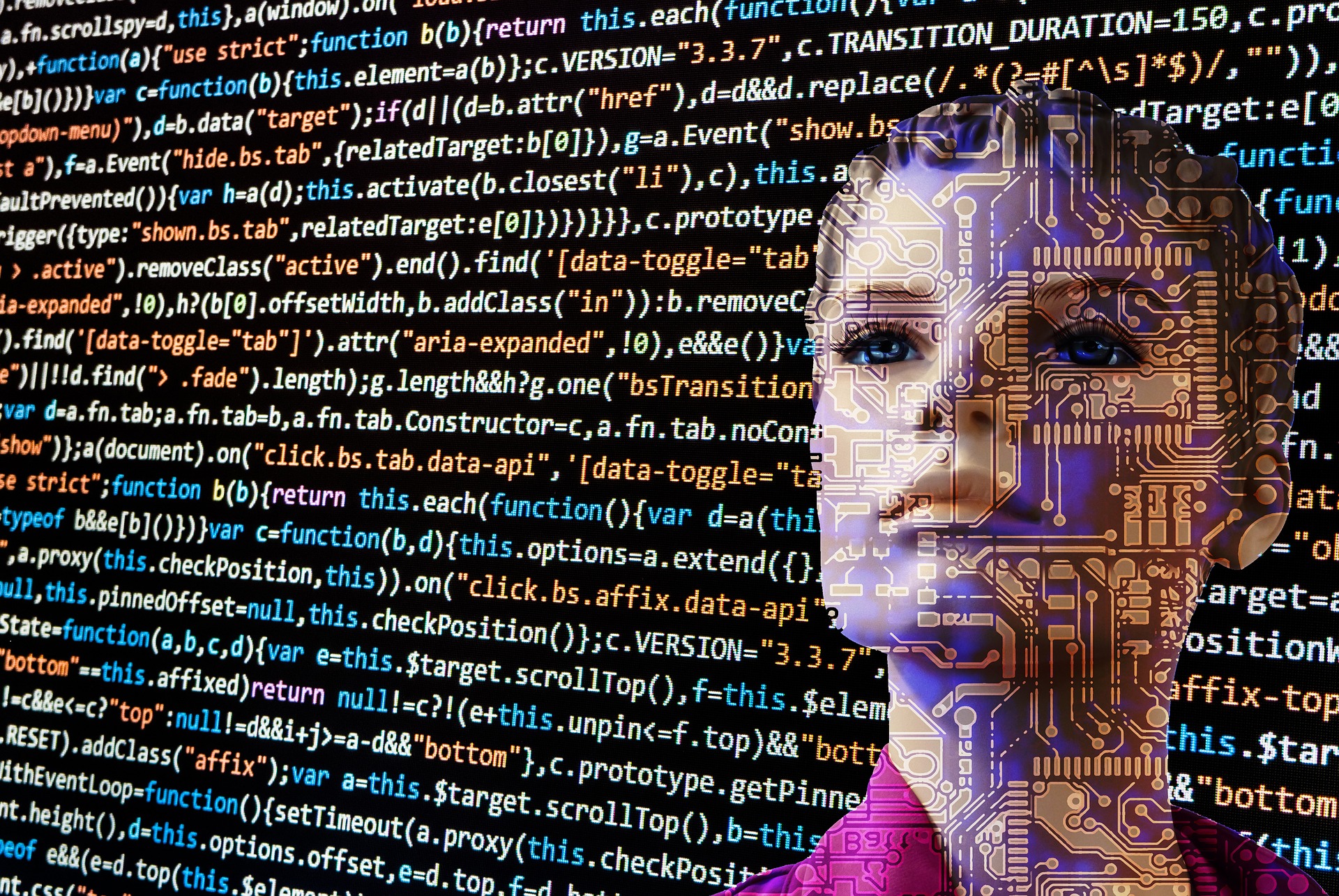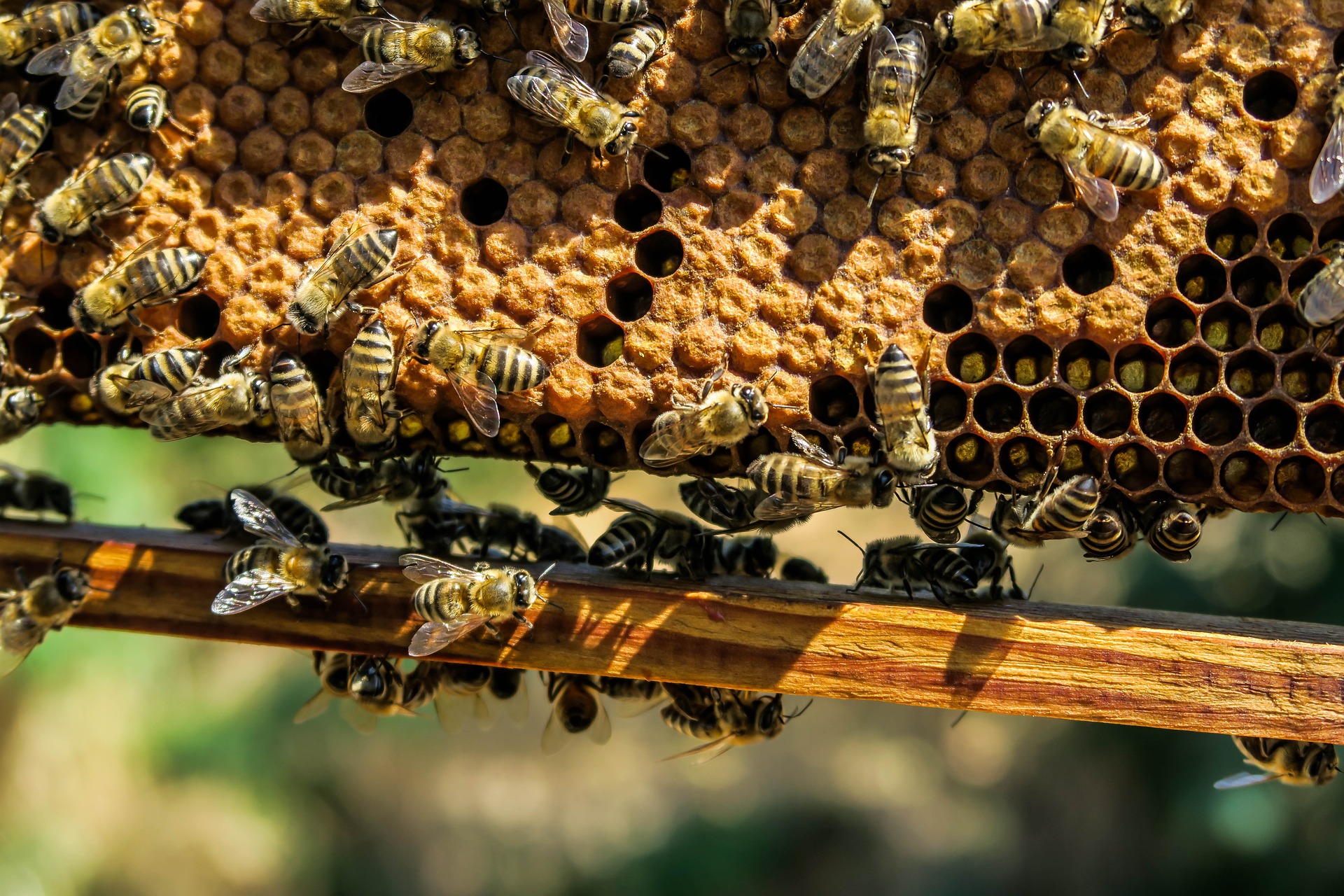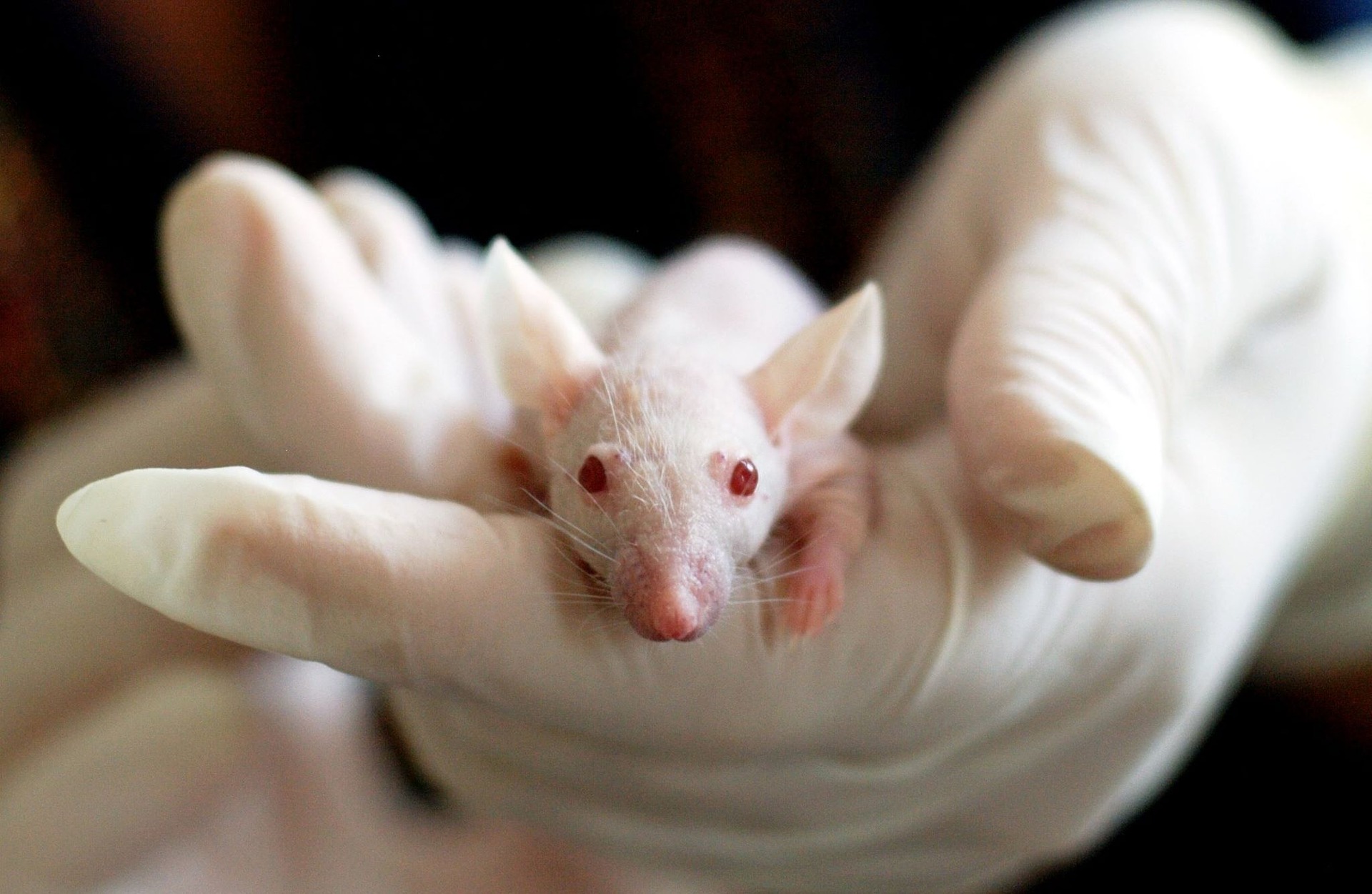Topic: Environmental protection / Species preservation

Resolution: When talking about our planet, the best way to preserve natural ecosystems is rewilding.
Description: Today, many regions worldwide are uninhabited, with potential to restore original flora and fauna. Such a statement raises many questions and has strong debating potential. The PROs side deals with the disappearance of wildlife and the extinction of many species, saying that today’s flora and fauna are not original inhabitants of our ecosystems. The main assumption here is that the Pleistocene epoch should be taken as a measure of this, when the majority of the world’s ecosystems were independent of man. So, man now must undertake radical measures for the conservation of wildlife. Rewilding also has many CONs to it. Firstly, economic reasons, because such an ecological approach would be too expensive – with uncertain outcomes. New and old animal and botanical species would be exposed to unpredictable relations – altogether, this is a risky undertaking. The second group of CON arguments question whether Pleistocene is a measure for the original ecosystem. The package contains 8 info cards, 6 stories and 8 question cards, as well as a 10-minute video about the main ideas behind rewilding.
Download powerpoint presentation
Watch the video
Topic: Application of algorithms

Resolution: The development of AI technologies will cause numerous social and economic problems for people in the near future.
Description: AI researchers and engineers should understand the dual nature of their work and learn more about the (social/theoretical) issues of AI abuse. AI should not deny people the right to data privacy, such as individual, family or community rights. Numerous research and predictions by scientists say that by mid 21st century we will have developed artificial general intelligence – machines capable of human-level performance. When the machines become “better than us”, will we be able to secure normal coexistence with them? Intelligent machines will have great influence on jobs that humans (still) perform. The question is how much can their algorithms be objective and transparent and how much would they influence security. On the other hand, AI technology can and should be developed for the greater good and security and should serve humanity. Many researchers claim that if AI leads to job shortages and the extinction of some occupations, others would emerge in the meantime, so robots would not take over human jobs. The package contains 8 info cards, 6 stories – quotes and 8 question cards, as well as a 9-minute video explaining the use of animals in experiments.
Download powerpoint presentation
Watch the video
Topic: Structure of information networks

Resolution: In the future, social media/the Internet will be the best means for the dissemination/communication of STEM knowledge
Description: Traditional schooling and education can hardly keep up with the rapid change of the modern world. Knowledge is more accessible, but its quality is sometimes questionable. The Internet technologies are an inevitable reality. However, we need more efficient tools to secure the validity of information, at the same time not limiting freedom of speech. Many respectable universities have successfully launched MOOCs, making high-quality courses available to thousands of people. Platforms such as Coursera enable distance learning (cheaper and can be attended alongside a full-time job). Social networks are an excellent means of instant dissemination of knowledge. However, the Internet and social media suffer from problems such as filter bubbles, echo chambers, and infostorms, which result in fake news and the spread of pseudo-scientific “theories” such as creationism, the anti-vaccination movement and flat Earth theories. The package contains 8 info cards, 4 stories and 8 question cards, as well as a 7-minute video about the influence of social networks on knowledge.
Download powerpoint presentation
Topic: Food production

Resolution: The future of humanity depends on the conservation of honeybees
Description: When talking about the importance of bees, a quote attributed to Albert Einstein usually comes up: “If the bee disappeared off the face of the Earth, man would only have four years left to live.” The quote was cited by the media many times, even by the more credible ones, as well as in literature. However, as it turned out, it was a hoax or fake news. The quote appeared in a leaflet from 1994 published by the French association of beekeepers. But the issue it raises nevertheless remains unresolved. The bees are key for the pollination of a number of plants used in human nutrition, but the question whether our food supply would be endangered remains unanswered. Could homo sapiens survive without bees? The majority of calories used every day in people’s nutrition come from wheat, corn and rice, and these are all plants that do not require pollination. The package contains 8 info cards, 2 stories and 8 question cards, as well as a 12-minute video about the possible consequences of bee extinction.
Download powerpoint presentation
Topic: Neurobiology of animals

Resolution: The scientific community has a moral obligation to prevent animal use in experiments.
Description: At first glance, this topic mainly deals with moral questions, and the debate can unroll in many ways, depending on our ethical standpoint. In that sense, if we think that non-human animals are moral beings, we will consider that the use of animals in scientific experiments is problematic, etc. Also, argumentation may be founded in biology and genetics, since we belong to the common genetic fund as animals. Apart from topics concerning biology and neurobiology, the debate about moral obligations of the scientific community to prevent animal use in experiments would have students discuss many ethical, economical and political questions. The package contains 8 info cards, 4 stories and 8 question cards, as well as an 8-minute video about the use of animals in experiments and the potential to end this practice.
